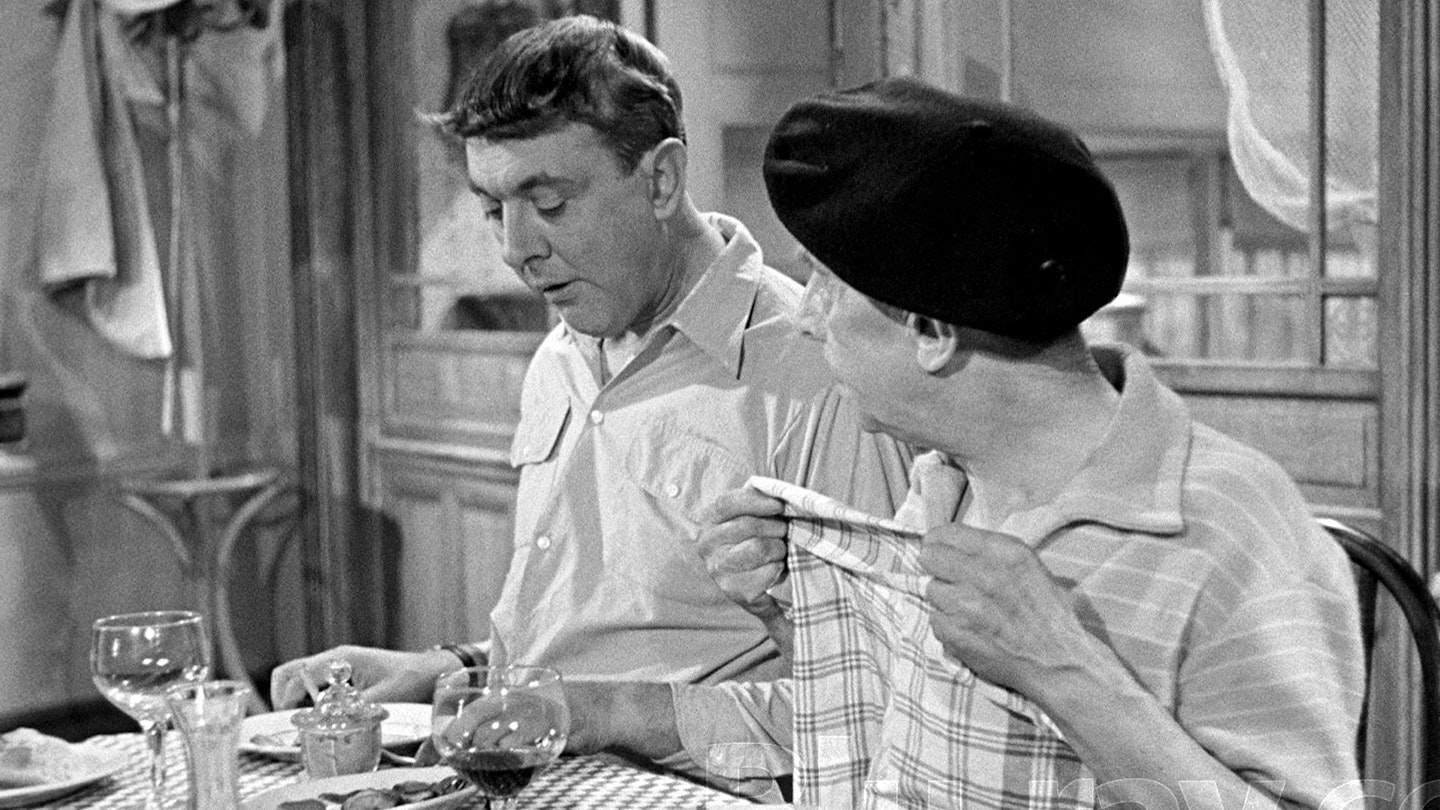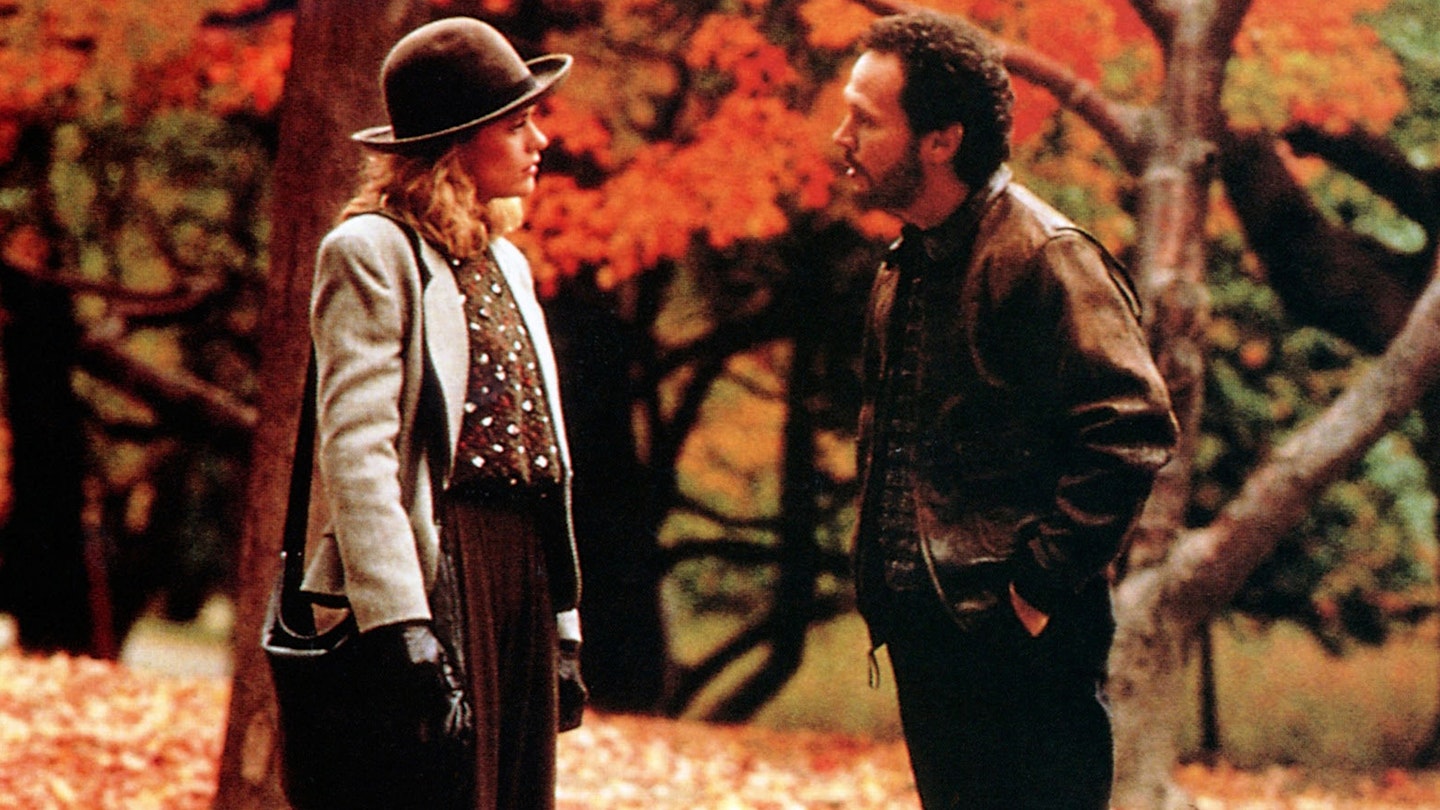Jacques Tati was the heir of silent clowns like Max Linder, Charlie Chaplin and Buster Keaton, as he saw comedy primarily as a visual medium. However, his films were infinitely more democratic, as anyone or anything within the frame could potentially be amusing. Thus, while Hulot was the notional hero of this glorious seaside farce, it was very much an ensemble piece.
The action was filmed in Brittany in 1951. At its heart was Monsieur Hulot, a quixotic everyman whose angular posture and apologetic flounce belied his genius for the inadvertent chaos that impacted upon himself and his fellow guests. He plays his gramophone too loudly, disrupts card games, creates drafts and almost causes someone to drown. But, he also plunges into the sea while helpfully carrying suitcases and gets dragged along the beach by a runaway horse. Yet, the only thing that gets hurt is pride, as there's nothing malicious about Tati's precise pantomime.
Every gag was timed to perfection, whether it was the boat bobbing on the tide as Hulot attempted to paint it, his manic exploits at tennis and ping-pong or his frustrations with a wonky picture and a pesky rug. Much of the slapstick business recalled Tati's music-hall act. But he also launched a satirical assault on the modern world, as various modes of transport conspired to confound the hapless holidaymakers.
Yet, despite the stage origins of his physical technique, Tati's directorial tactics were wholly cinematic. In the absence of dialogue, sound took on a key comic role, with the audio and the visual frequently conniving at duping the audience into expecting pay-offs that never arrived in the anticipated form. Moreover, Tati also kept his camera at a distance to allow viewers to discover the gags in their own time. Indeed, it was an almost Hitchcockian approach to humour, as Tati built up the comic suspense.
But Hulot's greatest achievement was its liberating contravention of the rules of screen storytelling, which had an incalculable impact on the nouvelle vague. Consequently, this is much more than an assemblage of comic cuts. It's a masterclass in filmic innovation.

